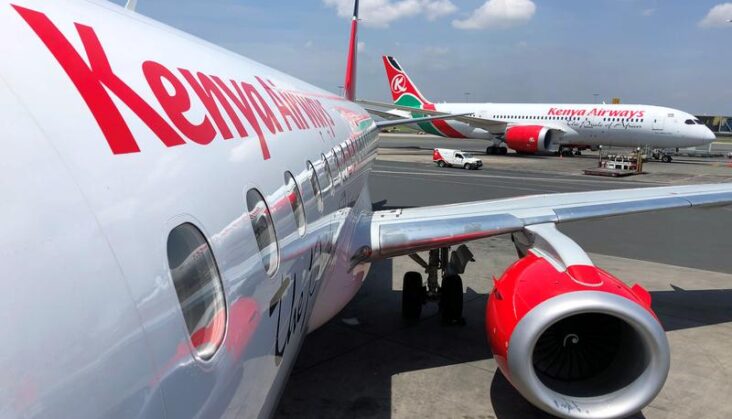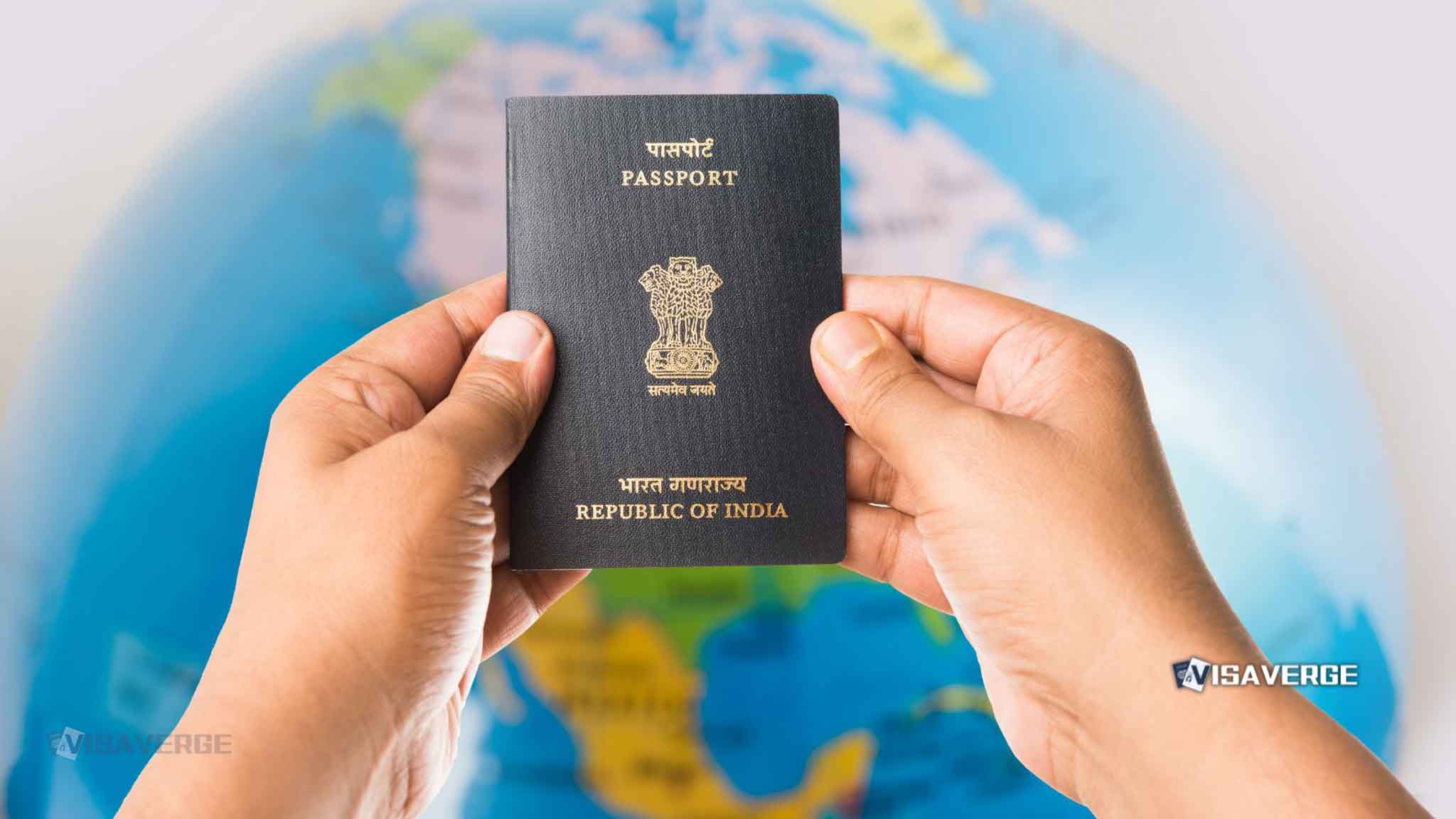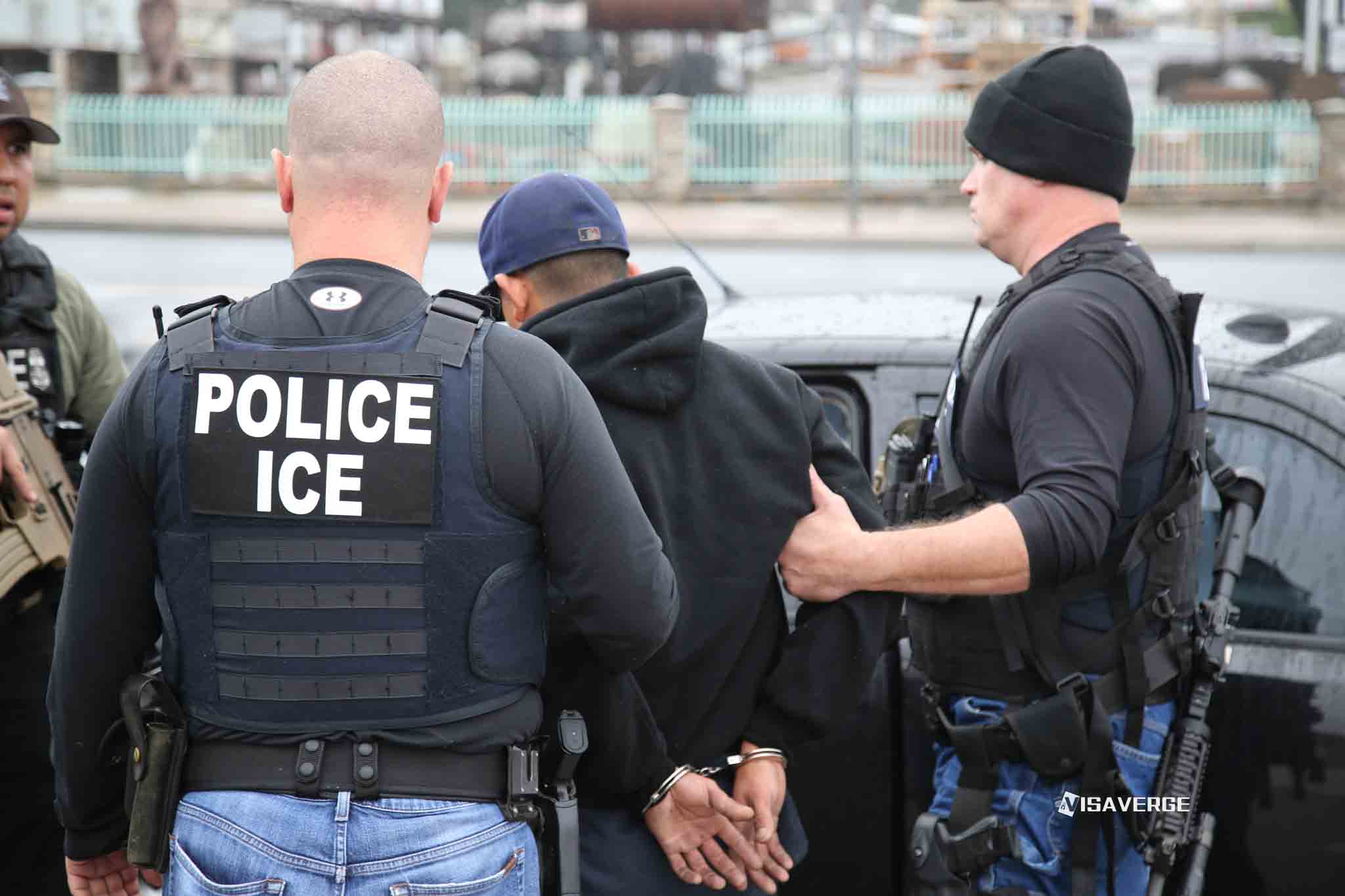Key Takeaways
• On May 28, 2025, President William Ruto apologized publicly to Tanzania over deporting Kenyan activists.
• Deportations violated East African Community agreements guaranteeing free movement and sparked human rights concerns.
• The incident strains Kenya-Tanzania diplomatic ties and challenges regional cooperation and travelers’ rights.
Kenya’s President William Ruto Apologizes to Tanzania Over Deportation Row: What It Means for Regional Relations and Free Movement
On May 28, 2025, President William Ruto of Kenya publicly apologized to Tanzania 🇹🇿 during Kenya’s 22nd National Prayer Breakfast in Nairobi. This apology followed a tense diplomatic standoff between the two countries after several Kenyan activists and public figures were detained and deported from Tanzania. The incident, now widely referred to as the “Deportation Row,” has raised important questions about the rights of East African citizens to move freely across borders, the responsibilities of governments under regional agreements, and the impact of such disputes on ordinary people.

This article explains what happened, why it matters, and what it could mean for the future of immigration and regional cooperation in East Africa.
Who Was Involved and What Happened?
The diplomatic dispute began when a group of Kenyan citizens traveled to Tanzania 🇹🇿 to attend the trial of Tanzanian opposition leader Tundu Lissu, who faces treason charges. The group included well-known figures such as:
- Willy Mutunga, former Chief Justice of Kenya
- Martha Karua, leader of the People’s Liberation Party
- Boniface Mwangi, a prominent activist
- Hanifa Adan, activist
- Hussein Khalid, activist
- Gloria Kimani, activist
- Lynn Ngugi, journalist
Upon arrival in Tanzania 🇹🇿, several members of the group were either denied entry, detained, or deported. The most serious case involved Boniface Mwangi, who was reportedly taken from his hotel at midnight by people identifying themselves as Tanzanian immigration officers. He was held under Section 45 of the Tanzanian Immigration Act, allegedly without proper legal process, and later claimed to have been tortured while in custody. Mwangi was released on May 22, 2025, and received medical care upon returning to Kenya.
Why Did This Happen?
The Kenyan group had traveled to Tanzania 🇹🇿 to show support for Tundu Lissu, a well-known opposition leader. Tanzanian authorities viewed their presence as a potential threat to national security and accused them of interfering in the country’s internal affairs. The government’s actions were defended by several Tanzanian lawmakers, who argued that the country had the right to protect itself from foreign influence.
President Samia Suluhu Hassan of Tanzania 🇹🇿 reinforced this position during a ceremony at State House in Dar es Salaam, urging officials to remain alert against foreign interference. The Tanzanian Home Affairs Minister also directed law enforcement and the Tanzania Communications Regulatory Authority to act against citizens spreading foreign-produced content critical of the president.
President William Ruto’s Apology
In response to the growing tension, President William Ruto used the National Prayer Breakfast to offer a public apology to Tanzania 🇹🇿 and Uganda 🇺🇬, as well as to Kenya’s youth. He said:
“Our neighbours from Tanzania, if we have wronged you in any way, forgive us. Our friends from Uganda, if there is anything that Kenyans have done that is not right, we want to apologise. To our children, if there is any misstep, we apologise.”
President Ruto stressed the importance of building positive relationships that would help all countries in the region move forward. His apology was seen as an attempt to calm the situation and restore diplomatic ties.
Legal and Human Rights Concerns
The detentions and deportations sparked strong reactions from human rights groups, both in Kenya and internationally. The Kenya Human Rights Commission (KHRC) condemned the actions of Tanzanian authorities, arguing that they violated several important agreements and laws:
- Article 104 of the Treaty for the Establishment of the East African Community (EAC): This article supports the free movement of people among member states.
- Article 7 of the EAC Common Market Protocol: This guarantees the right of citizens to move freely within the region.
- African Charter on Human and Peoples’ Rights (ACHPR): An international agreement that protects basic human rights in Africa.
- International Covenant on Civil and Political Rights (ICCPR): A global treaty that protects civil and political rights.
The KHRC also pointed to a key legal case, “Samuel Mukira Mohochi v. The Attorney General of the Republic of Uganda,” in which the East African Court of Justice ruled that member states must follow proper legal procedures when restricting entry of citizens from other EAC countries.
International and Regional Reactions
The incident drew attention from outside the region as well. The United States Bureau of African Affairs expressed “deep concern” about the treatment of the deported activists. The Pan African Progressive Leaders’ Solidarity Network, represented by Martha Karua, called on the African Union to step in and address what they described as unlawful detention and abuse of human rights.
Within Tanzania 🇹🇿, the government’s actions were strongly defended by several members of parliament. Some MPs criticized Kenyan social media users for mocking President Samia Suluhu Hassan, while others argued that Tanzania 🇹🇿 had every right to protect its sovereignty.
Social Media and Public Opinion
The deportation row quickly spilled over onto social media, where users from both countries exchanged heated messages. Kenyan activists and youth accused Tanzanian authorities of suppressing democratic freedoms, while Tanzanian lawmakers called on President William Ruto to control those who they said had disrespected their president.
This online conflict added another layer to the diplomatic dispute, showing how quickly such incidents can escalate in the digital age.
Background: Free Movement in the East African Community
The East African Community (EAC) is a regional organization made up of several countries, including Kenya 🇰🇪, Tanzania 🇹🇿, and Uganda 🇺🇬. One of its main goals is to make it easier for people, goods, and services to move freely across borders. The EAC Common Market Protocol, which came into effect in 2010, guarantees the right of citizens to travel, live, and work in any member country without needing special permission.
However, as this incident shows, the reality can be more complicated. Governments sometimes restrict entry for security or political reasons, even when regional agreements say otherwise. This creates uncertainty for ordinary people who want to travel, work, or visit family in neighboring countries.
How Did the Tanzanian Government Justify Its Actions?
Tanzanian officials argued that the deportations were necessary to protect national security and prevent foreign interference. President Samia Suluhu Hassan warned that outsiders might try to influence Tanzania 🇹🇿 by infiltrating its institutions. The Home Affairs Minister also took steps to limit the spread of foreign-produced content critical of the government.
Some Tanzanian MPs went further, defending the government’s actions in strong terms. For example, Geita MP Joseph Musukuma said, “We are far ahead of them politically and intellectually. We top in everything. Speaking good English isn’t a priority for us.” Bunda MP Boniphace Mwita Getere added, “She [President Suluhu] is not just a calm leader. She is the Commander-in-Chief, and when our country is threatened, she takes action.”
What Are the Implications for Immigration and Free Movement?
This deportation row has important consequences for people living in East Africa:
- Uncertainty for Travelers: Ordinary citizens may now worry about being detained or deported when visiting neighboring countries, even if they have valid reasons for travel.
- Impact on Regional Integration: The incident raises questions about whether the EAC’s promises of free movement and regional unity are being kept.
- Legal Rights at Risk: If governments can detain and deport citizens from other EAC countries without following proper legal procedures, the rights guaranteed by regional and international agreements may be at risk.
- Diplomatic Relations: The detention of high-profile figures like a former Chief Justice could damage trust between countries and make it harder to resolve future disputes peacefully.
What Happens Next?
With President William Ruto’s apology and the release of the detained activists, there are signs that both countries want to move past the dispute. However, as of now, Tanzanian authorities have not officially responded to the apology or addressed the allegations of mistreatment.
The situation remains uncertain, and it is not clear whether the two countries will take steps to prevent similar incidents in the future. The episode has highlighted the delicate balance between national sovereignty (a country’s right to control its own affairs), regional cooperation, and respect for human rights.
What Should Travelers and Activists Know?
If you are planning to travel within the East African Community, here are some important points to keep in mind:
- Check Entry Requirements: Even though the EAC supports free movement, individual countries may have specific rules or restrictions. Always check the latest information from official government sources before traveling.
- Know Your Rights: The EAC Common Market Protocol and other agreements protect your right to move freely, but these rights may not always be respected in practice.
- Be Prepared for Delays or Questions: If you are attending political events or supporting opposition figures, be aware that this may draw extra attention from authorities.
- Seek Help if Detained: If you are detained or deported, contact your country’s embassy or consulate as soon as possible. Human rights organizations may also be able to help.
For more information on the rights of East African citizens to move freely across borders, you can visit the East African Community’s official website.
How Are Regional and International Bodies Responding?
Regional organizations like the African Union and the East African Community have a role to play in resolving disputes and protecting the rights of citizens. Human rights groups are calling for stronger enforcement of existing agreements and better protection for activists and travelers.
The United States and other international partners have also expressed concern, which may put pressure on both Kenya 🇰🇪 and Tanzania 🇹🇿 to resolve the issue peacefully and respect human rights.
Analysis from VisaVerge.com suggests that incidents like the Deportation Row can have a chilling effect on cross-border movement and regional cooperation. When high-profile figures are detained or deported, it sends a message to ordinary citizens that their rights may not be guaranteed, even under regional agreements.
Conclusion: Lessons from the Deportation Row
The recent deportation row between Kenya 🇰🇪 and Tanzania 🇹🇿 is a reminder that regional agreements and diplomatic ties can be fragile. While the East African Community promises free movement and closer cooperation, political tensions and security concerns can quickly undermine these goals.
President William Ruto’s apology is an important step toward repairing relations, but more needs to be done to ensure that the rights of all East Africans are respected. Governments must follow proper legal procedures, respect regional agreements, and protect the rights of travelers and activists.
For now, travelers should stay informed, know their rights, and be prepared for possible challenges when crossing borders in East Africa. Regional leaders and organizations will need to work together to rebuild trust and make sure that incidents like this do not happen again.
Key Takeaways for Readers:
- President William Ruto apologized to Tanzania 🇹🇿 over the deportation of Kenyan activists, aiming to ease diplomatic tensions.
- The incident highlights challenges to free movement within the East African Community and raises concerns about human rights.
- Travelers should check official entry requirements and know their rights under regional agreements.
- Regional and international bodies are watching closely, and further developments are likely as both countries seek to restore good relations.
By understanding the facts and staying informed, citizens and travelers can better protect themselves and contribute to a more open and cooperative East Africa.
Learn Today
Deportation → The forced removal of a person from a country, usually due to legal or political reasons.
East African Community (EAC) → A regional intergovernmental organization promoting economic, social, and political integration in East Africa.
Section 45 of the Tanzanian Immigration Act → A legal provision used by Tanzania to detain individuals without full legal process during immigration enforcement.
Common Market Protocol → An agreement within the EAC guaranteeing citizens’ rights to move, live, or work freely among member states.
Samuel Mukira Mohochi v. The Attorney General → An East African Court ruling enforcing legal procedures when member states restrict citizens’ entry.
This Article in a Nutshell
Kenya’s President William Ruto apologized to Tanzania after deportations of Kenyan activists raised serious regional and human rights issues. This diplomatic crisis challenges East Africa’s promise of free movement, highlighting tensions between national security and regional cooperation. The apology aims to restore trust and promote unity among neighboring countries.
— By VisaVerge.com













